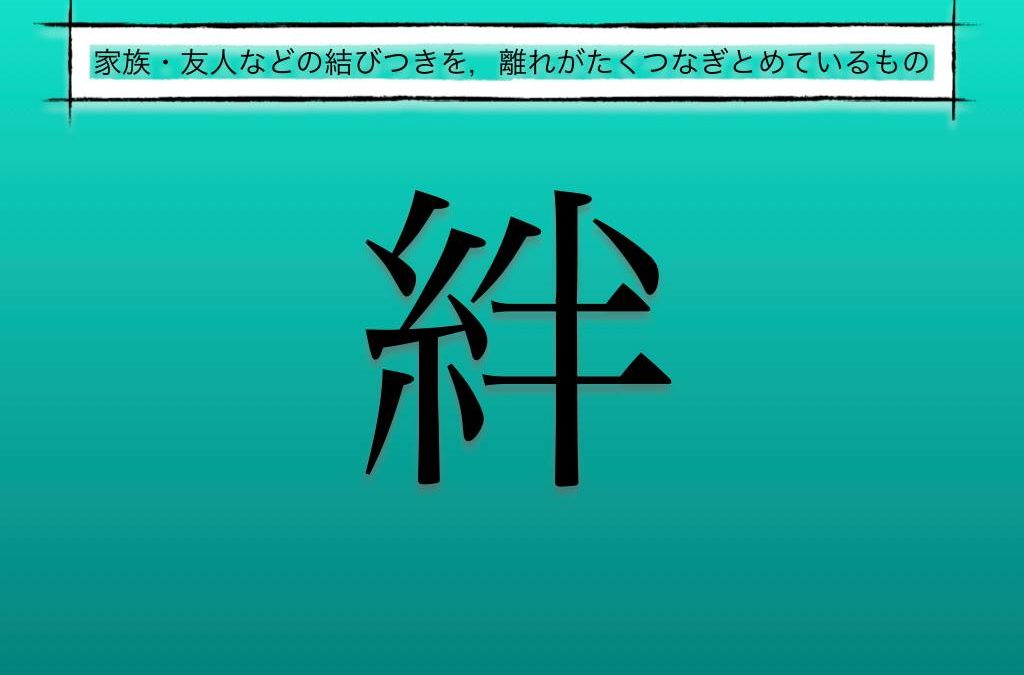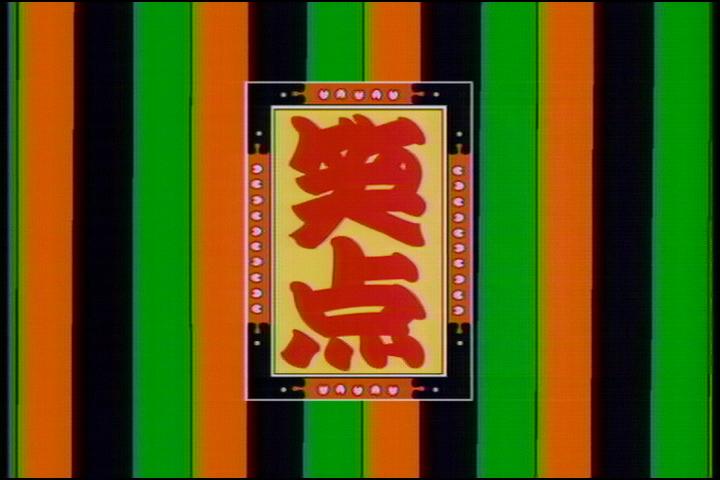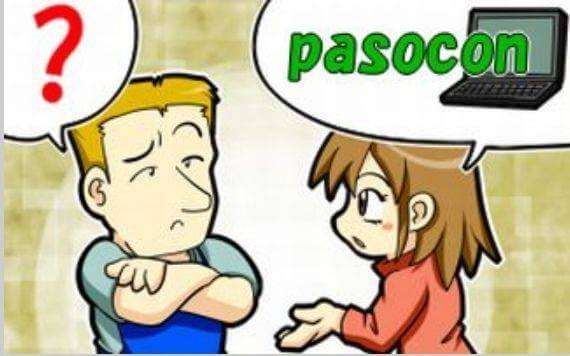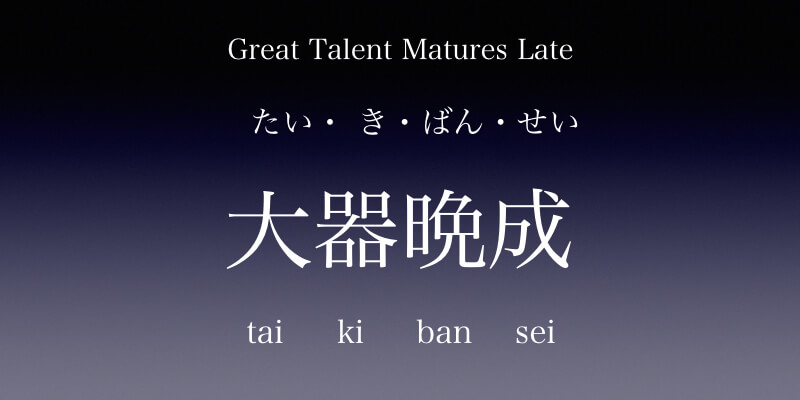
A Journey Of A Thousand Miles Must Start With The First Step
A Journey Of A Thousand Miles Must Start With The First Step
A Journey Of A Thousand Miles Must Start With The First Step
At one of my favourite restaurants, the young man next to me confessed; “I just quit smoking on April 1”.
I mentioned to him that “I thought it was awesome” he quit smoking, and that “a journey of a thousand miles must start with the first step”.
He looked at me with a blank stare, and through my experience told me he didn’t understand “senri no michi mo ippo kara”, or “a journey of a thousand miles must start with the first step”. For your information “senri is about 4000km”.
Neither did his colleague, who was probably in his 50s, nor did the lady that runs this delicious shop with her relatives for that matter.
Never one to pass up an opportunity to do a quick Japanese lesson and edify the Japanese as to the origins of this meaningful, and indeed useful phrase which happens to come from Confucius.
Over the fading years I find more and more many of these older and culturally rich phrase and idioms are becoming less and less known among the Japanese, and feel that some of these beautiful elements of the ancient Japanese culture are truly fading away. Alas.
Indeed this phrase embodies the Stoic way as how to approach the long and arduous road in which we all face.
And surley, as one instinctively knows, without that first step into one’s own road, and then the next, and the next one after that, one is doomed to look upon one’s live as a life in which one never took that very first step at all.
Each day is the day to take the step leading into the heart desire and into the future of what one will become.




















Recent Comments